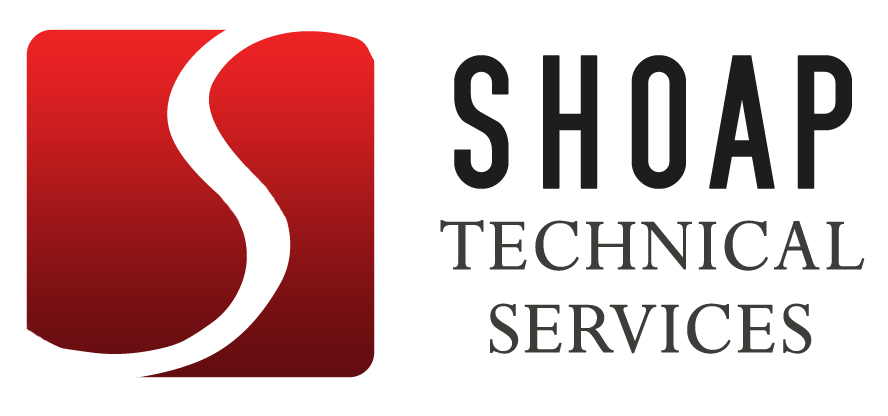For additional information regarding Waterfall/Agile development and how it impacts technical writing, please refer to previous blog posts written by Eric Sedor and Shaun Kelly.
Moving a product out the door to capitalize on market demand is a necessity – it’s simple economics! Consumers demand constant product improvements. This “out with the old, in with the new” mentality has led many successful companies to switch from Waterfall development to Agile. What does this mean exactly? For the uninitiated, use this simple analogy. Waterfall development can be compared to a marathon. All software features are built in one long process and then errors are fixed. Agile development is more like a series of sprints. Software is released in a series of small iterations. Each release includes a few added features, and errors are corrected along the way rather than at the end. As you can imagine, the switch to Agile development completely shatters the status quo and roles of people associated with the development teams. This led us to wonder: Specifically, how does the switch to Agile impact the role of technical writers?
